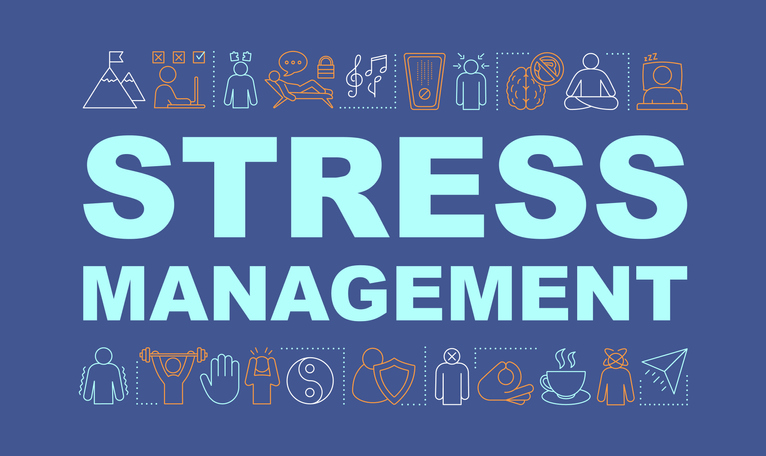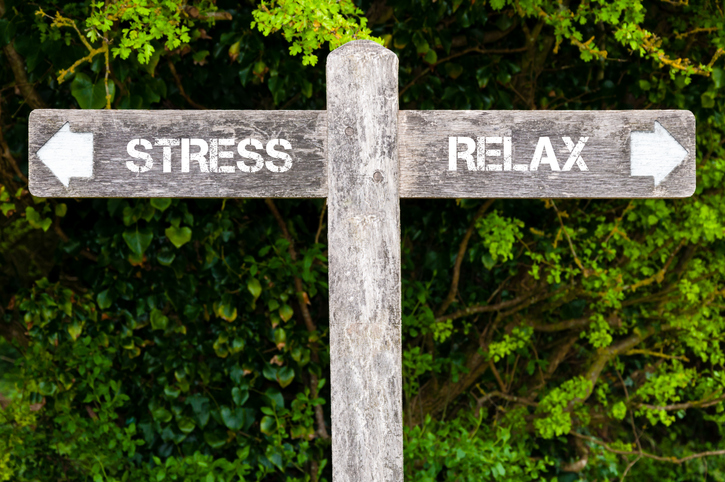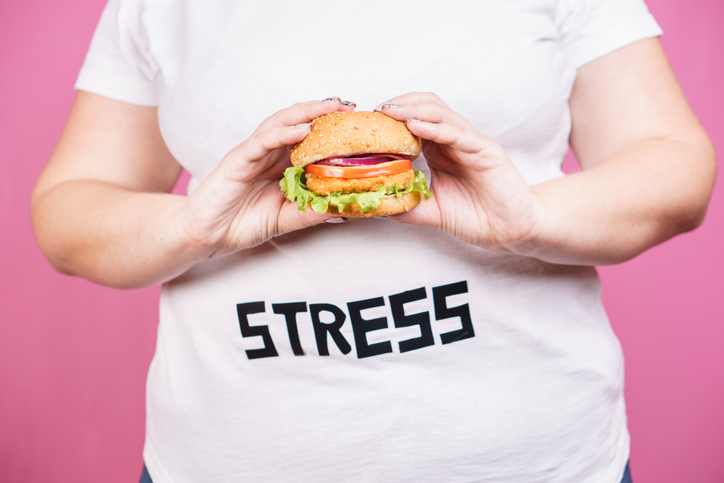Wellness
Stress and Chronic Pain

Stress can worsen chronic pain. Although the exact relationship between stress and pain is not known, several theories exist:
Muscle tension
Stress causes tension in the muscles, which can cause or increase pain, especially pain in the neck, shoulders and back. Studies show that thinking or talking about a stressful event increases tension in the back muscles of those with chronic back pain. When stress is chronic, muscles are often in a constant state of tension. This tension can lead to other pain, such as headaches and migraines.

Pain signals
The brain is constantly trying to inhibit pain signals, especially if a chronic pain condition is present. However, when a person is stressed, the brain’s ability to hinder those signals is reduced, which increases pain.

Inflammatory response
When stress is experienced, the immune system’s inflammatory response is activated. This inflammation can cause pain, especially with chronic pain conditions sensitive to inflammation, such as arthritis.

Perception
Stress can also increase the perception of pain. When dealing with stressors, the perception of pain may become more intense and overwhelming.

Coping tools
Relaxation techniques (yoga, meditation, breathing exercises, etc.), practicing good sleep hygiene, or seeing a mental health professional, such as a pain psychologist or psychiatrist, can decrease stress, and therefore, reduce pain. These stress-relieving practices can boost mood and improve daily function in those with chronic pain conditions



















